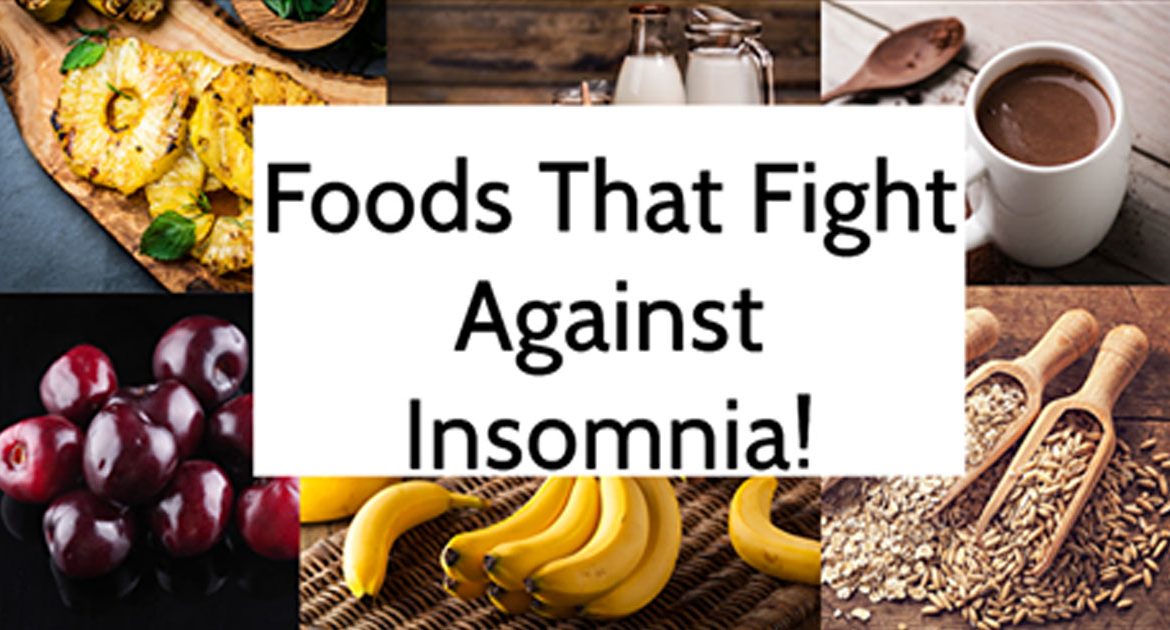Do you have trouble falling or staying asleep at night, a condition known as insomnia? If so, you’re not alone. The side effects of insomnia can cause health, emotional, work, relationship, and mental turmoil. Thankfully, insomnia can be battled. Read more…
What Is Insomnia?
Insomnia is the most common of all sleep disorders, affecting 30% to 60% of the population at least once in their lives. Around 10% experience chronic, long-term insomnia. It may be that you can’t go to sleep fast enough to get in enough hours. It could be that you can’t stay asleep to get the deep REM sleep necessary to recharge the brain and body. Either way, the results are catastrophic.
Regularly lacking adequate sleep can cause problems such as:
Increased risk of chronic conditions such as hypertension, obesity, diabetes, heart disease, strokes, and depression.
Mental fatigue and drowsiness, which make you more prone to accidents and injury, including workplace injuries and motor vehicle accidents. Problems concentrating and forgetfulness may also result.
Moodiness and irritability, which can strain your personal and professional relationships.
Increased risk for substance abuse of alcohol, tobacco, illegal drugs, and prescription drugs.
What Can Be Done To Battle Insomnia?
Of course, there are prescription medications that can help with sleep or that can treat causative factors of sleep deprivation, such as anxiety. However, these are often highly addictive and carry many unwanted side effects. Most experts recommend trying natural treatment options like exercise and diet first.
Diet modifications start with eating a well-balanced diet from all food groups. If you have any questions about your specific dietary needs, such as if you have a medical condition that demands a restricted diet, always consult your primary physician or a nutritionist. From there, it’s possible to plug certain foods into your diet that are known to help encourage good sleep.
Foods That Promote Good Sleep:
1. Bananas
Potassium and magnesium richness make a banana perfect to promote muscle relaxation and prevent leg cramps at night. Magnesium plays a vital role in deactivating adrenaline. GABA receptors along the nervous system and brain that signal it’s time for the brain to shut off can’t work correctly without sufficient levels of minerals like magnesium and hormones like serotonin. Without them, the body is left tense and in «go» mode.
*** Diabetics need to watch the sugar content here and perhaps only eat half the banana. Anyone with renal disease or that’s on dialysis will need to consult their physician first due to the added potassium and magnesium.
2. Certain Herbal Teas
Mint, chamomile, lavender, motherwort, catnip, valerian, and other calm teas have flavonoids that provide a soothing impact on your body’s chemistry, signaling its time to rest. Feel free to add some milk since it contains tryptophan and amino acid that’s a precursor to serotonin.
*** Green and black, herbal teas have an opposite effect, elevating heart rate and stimulating the body’s chemistry, which should be avoided for sleep. Avoid any tea with caffeine.

3. Dark Cherries
Cherry juice has been studied in increasing levels of melatonin with positive results. It’s also been studied for its effects on the circadian rhythm, or sleep-wake cycle. In short, melatonin is a sleep hormone that acts as an internal sleep clock. Too little of the hormone and your body just doesn’t recognize that you need sleep. You can drink an 8 oz glass of cherry juice or use fresh or dried cherries as snacks or raw meal ingredients.
*** Dark cherries are low on the glycemic index for diabetics.
4. Salmon
Salmon is loaded with protein, omega-3-fatty acids, and B6 vitamins. This combo works to help relax the body, stimulate melatonin hormone, and make you feel full and satisfied for rest. Some studies have shown the salmon consumption on a regular basis equates to better, longer sleep.

5. Calcium
Calcium deficiencies can cause difficulty going and staying asleep. It can also lead to nighttime bone and joint pain that will keep you awake. Calcium is found in dairy products — milk, cheese, yogurt — and some leafy green veggies — collards and kale.
6. Whole Grains
Magnesium is found in many whole grains. Oats, in particular, are packed with amino acids, potassium, B vitamins, complex carbs, and magnesium. Eating oats can help boost melatonin production, help you drift off faster, and help you stay asleep longer. Try supplementing oats with rice dishes at night.

7. Pineapple
Pineapple is a natural digestive aid for those that suffer GI upset when laying flat. It’s also a melatonin booster, with some studies showing that it works better than oats and bananas combined.
8. Hot Cocoa
Note this is 100% pure, unsweetened cocoa, not hot chocolate. Cocoa is a natural sedative, contains tryptophan, and is rich in magnesium. It aids in reducing cortisol levels and raising endorphins that leave you feeling relaxed and content for sleep mode. Try a warm glass about an hour before bed.
In closing, before you pick up addictive pills or undergo costly sleep therapy, try picking up a banana sword or throwing a pineapple dagger at your insomnia.

Thank you for reading!
Please Liked Video this article with your friends and family to make more people be aware of possible solutions to battling Insomnia 🙂






